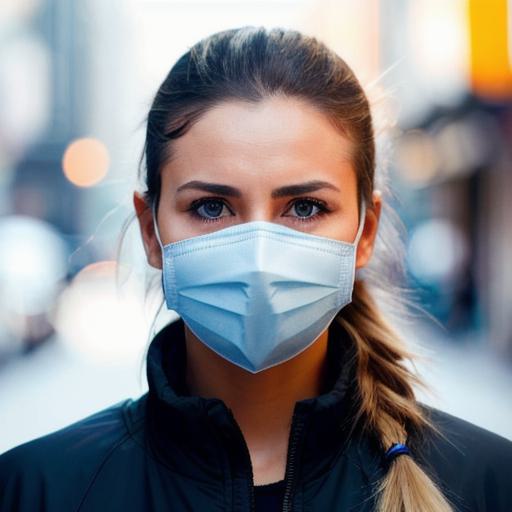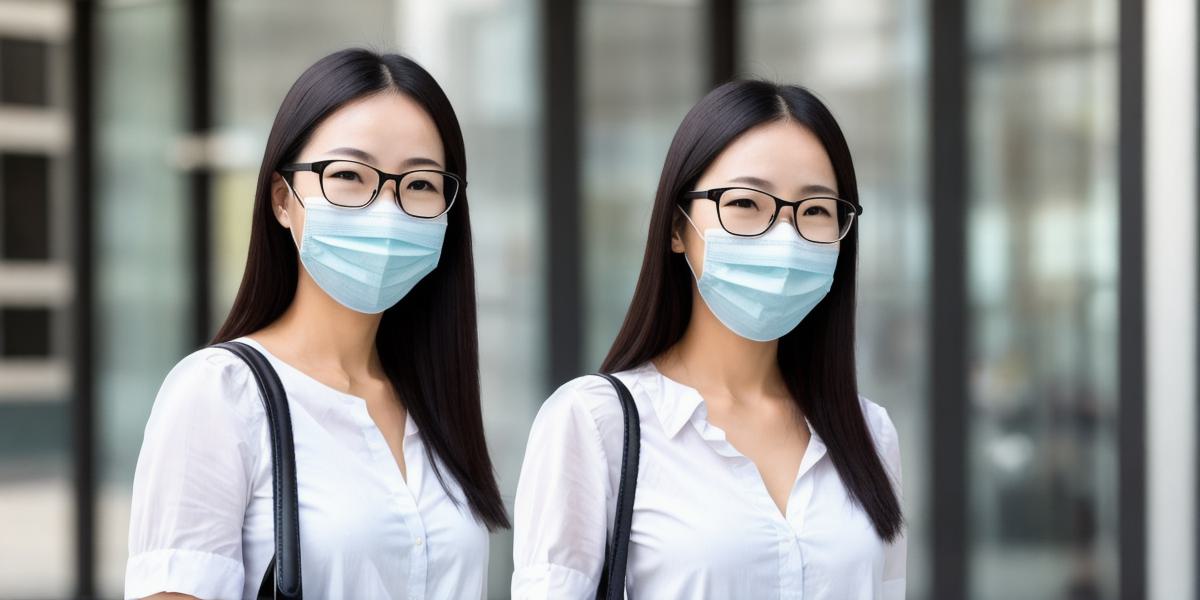Face masks have been a hotly debated topic during the COVID-19 pandemic, with some people questioning their effectiveness and others insisting that they are essential for preventing the spread of the virus. However, scientific evidence overwhelmingly supports the use of face masks in preventing the transmission of respiratory illnesses, including COVID-19. In this article, we will explore the many benefits of wearing face masks and provide real-life examples of how they have been used to contain outbreaks.
One of the main advantages of face masks is that they can significantly reduce the spread of respiratory droplets that carry viruses and bacteria. According to the Centers for Disease Control and Prevention (CDC), face masks help prevent the spread of COVID-19 by blocking respiratory droplets from traveling through the air when a person talks, sneezes, or coughs. This is especially important in crowded settings where people are close together for extended periods of time.
In addition to reducing the spread of respiratory illnesses, face masks can also protect individuals who are at higher risk of contracting COVID-19. For example, healthcare workers, first responders, and people with underlying health conditions are all groups that should consider wearing face masks when interacting with others in public settings. By doing so, they can reduce their exposure to the virus and protect themselves from becoming sick.
Another benefit of wearing face masks is that they can help prevent the spread of influenza and other respiratory illnesses. According to a study published in The Lancet, face masks were found to be highly effective at reducing the transmission of influenza during the 2009 H1N1 pandemic. In fact, the study found that people who wore face masks had a 74% lower risk of becoming infected with the virus than those who did not wear masks.
Real-life examples of the effectiveness of face masks can be seen in countries around the world that have implemented strict mask-wearing policies. In South Korea, for example, the country was able to control an outbreak of COVID-19 by implementing a mandatory mask policy. According to Dr. Park Chang-kyun, a virologist at the Korea Centers for Disease Control and Prevention, the country’s success in controlling the outbreak can be attributed to its early implementation of strict measures, including widespread testing and contact tracing, as well as its use of face masks.

In conclusion, wearing face masks is an effective way to prevent the spread of respiratory illnesses, including COVID-19. By blocking respiratory droplets from traveling through the air when a person talks, sneezes, or coughs, face masks can significantly reduce the risk of transmission. Additionally, individuals who are at higher risk of contracting COVID-19, such as healthcare workers and people with underlying health conditions, should consider wearing masks in public settings to protect themselves from becoming sick.



